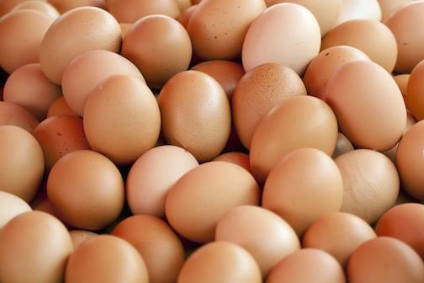
PepsiCo is the latest company to announce a commitment on the sourcing of cage-free eggs.
The Quaker owner said it would use cage-free eggs in all its products in North America by 2020.

Discover B2B Marketing That Performs
Combine business intelligence and editorial excellence to reach engaged professionals across 36 leading media platforms.
The company said the commitment would expand across “the remainder of PepsiCo’s global egg procurement by 2025”.
Various food processors have set out pledges on cage-free eggs in recent months, both in North America and in other international markets.
Meanwhile, US group The Schwan Food Co. said it would switch to cage-free by the end of 2020.

US Tariffs are shifting - will you react or anticipate?
Don’t let policy changes catch you off guard. Stay proactive with real-time data and expert analysis.
By GlobalDataIn February, Mars Inc extended its commitment to use cage-free eggs in its products to the US, Canada and Australia by 2020. The pledge built on an earlier move from 2008 when Mars announced it would move towards the use of cage-free eggs in Europe.
In January, Mondelez International said by 2020 it would only be using cage-free eggs in the US and Canada. The Cadbury maker said its operations in Europe would only use the eggs by 2025. Mondelez said it already uses cage-free eggs for the chocolate it sells in Europe. The Oreo owner said the biscuits it sells in Belgium and the Netherlands also only contain the more animal-friendly eggs.
ConAgra Foods, General Mills and Kellogg have set deadlines of 2025 for their products on sale in the US to contain cage-free eggs. Nestle’s US arm is looking to switch its sourcing by 2020.





